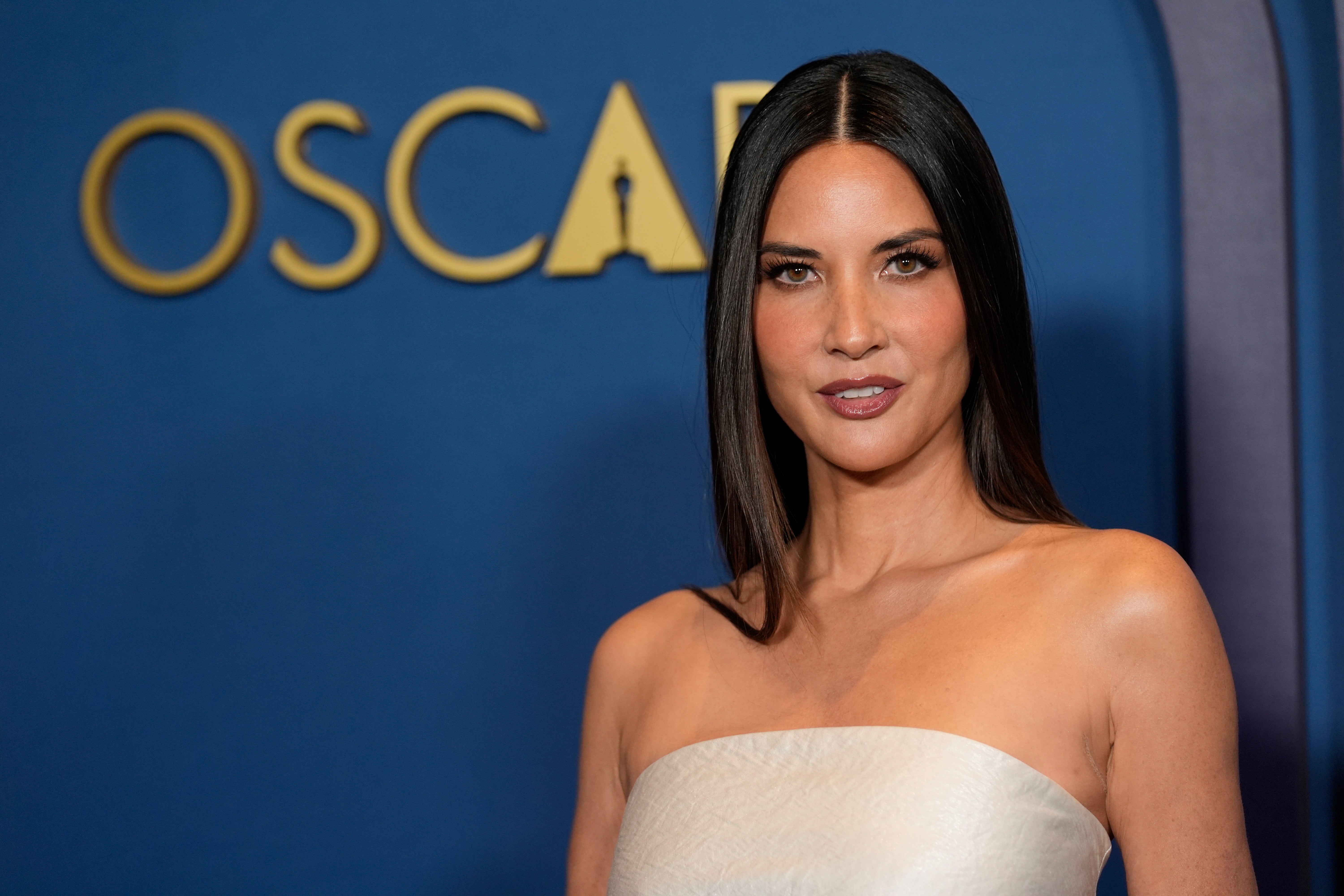What is the breast cancer risk calculator recommended by Olivia Munn?
Olivia Munn's breast cancer diagnosis is drawing attention to a frequently used breast cancer risk calculator

When Olivia Munn revealed this week that she was diagnosed with breast cancer and had a double mastectomy, she urged people to ask their doctors to figure out their score on a breast cancer risk calculator.
Munn said her score prompted further tests and the discovery of an aggressive form of the disease.
“I’m lucky. We caught it with enough time that I had options,” the 43-year-old actor posted on Instagram. “I want the same for any woman who might have to face this one day.”
A look at the calculator, the Breast Cancer Risk Assessment Tool:
What is the Breast Cancer Risk Assessment Tool?
It's a questionnaire on the National Cancer Institute’s website that is designed for health care providers to use with patients.
First developed in 1989, it was originally based on data from only white women. Updates have made it more accurate for Black, Hispanic and Asian and Pacific Islander women.
It doesn't take everything into account and can't actually predict whether any one person will get breast cancer.
It asks about age, age at first menstrual period, age when the woman’s first child was born or if the woman has not given birth, family history of breast cancer, past breast biopsies, results of past biopsies, race and ethnicity.
The result is a lifetime risk and a five-year risk based on factors that have been tied to a higher risk of breast cancer. For comparison, it also gives an average risk for U.S. women of the same age, race and ethnicity.
Dr. Elizabeth Comen, who treats breast cancer at Memorial Sloan Kettering Cancer Center in New York, said women should do the assessment with their doctors, not by themselves.
“It’s very important to talk to your doctor about doing that together, and then making decisions about what imaging techniques are appropriate” based on the results, Comen said. Munn's high score prompted additional imaging tests that aren't recommended for women of average risk.
Should everyone use the tool?
It's not the best risk calculator for some women. If you have a certain gene mutation or a previous history of breast cancer, it's not for you.
The National Cancer Institute says the tool may underestimate risk in Black women with previous biopsies and Hispanic women born outside the U.S.
"The model needs further validation for Hispanic women and other subgroups,” the institute’s website says. “Researchers are conducting additional studies to gather more data to test and improve the model.”
What do the scores mean?
A five-year risk score of 2%, for example, means a woman's estimated risk of developing breast cancer over the next five years is 2%.
A lifetime risk score of 7% means a woman's estimated risk of developing breast cancer through age 90 is 7%.
How can I lower my risk of breast cancer?
Everyone has some risk of cancer, Comen said, but some lifestyle changes can reduce the chances.
She suggests avoiding processed foods, adding exercise and strength training to your routine, limiting alcohol and not smoking.
___
The Associated Press Health and Science Department receives support from the Howard Hughes Medical Institute’s Science and Educational Media Group. The AP is solely responsible for all content.
Bookmark popover
Removed from bookmarks